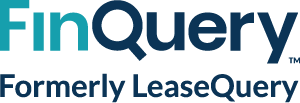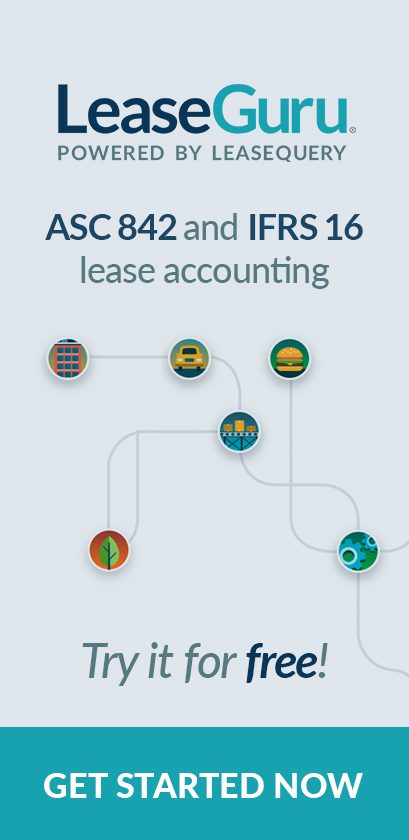Whether you lead a team or you’re an individual contributor, you play a role in making your department function more effectively.
Stay sharp
Accounting has undergone several major changes in the last decade or so, and the profession continues to evolve. The convergence of accounting standards will continue to drive change.
Staying plugged in to the latest from the Boards and continually educating yourself on these changes is essential to being ahead of the curve. Continuing education is compulsory for active CPAs, but it’s easy to slip into the habit of attending seminars just for the sake of it without considering the impact of the training on your organization. And that can cause your team to lag behind in important areas.
Making an effort to stay abreast of the way accounting is changing will enable your team to adequately prepare for the inevitable grunt-work that comes with implementing new regulations.
Make an effort to be more productive – and hold each other accountable
How often do your meetings go off the rails? Do you or your colleagues have habits that cause interruptions and slow each other down?
Teams that set guidelines for how they interact are more effective. For example, setting an agenda for each meeting requires a little more time when you’re planning, but taking five minutes of planning can save tremendously when keeping meetings on track.
We offer more productivity tips in this blog. They’re only as good as your commitment to sticking to them, so teammates need to hold each other accountable.
Use Excel wisely
Excel will always be an important tool for accounting – we share some of our favorite tips on using Excel here. But Excel is best for saving exported reports and making quick calculations or adjustments. As accounting regulations grow more complex, building and maintaining spreadsheets has become more time-consuming and error-prone.
When you have a high volume of calculations to make, or if the data in your spreadsheet is used as the basis for forecasting or budgeting, you need to rely on something more stable than Excel.
Specialized accounting systems, such as lease accounting software, are increasingly becoming a key component in the accountant’s toolbox. Not only do these systems help ensure your accuracy, but they also automate manual tasks, which frees up time for more complex decision-making and analysis.
Step out of silos
No organization is immune to siloes – it takes consistent effort for departments to communicate and engage with each other regularly. Breaking down silos reduces the dysfunction that sucks up precious time and leads to unnecessary mistakes.
For example, companies that have implemented the new lease accounting rules have been able to improve communication between accounting, real estate, and operations departments. In the process of compiling their lease inventory and deploying a lease software, these traditionally fragmented teams improved collaboration.
But the key to making that work is to have open lines of communication while you’re transitioning to the new standards. Companies that share information on new policies, processes, and software implementations are more productive.
Whether the collaboration is spurred on by a major standard update, or a need to improve overall morale and teamwork, it’s worthwhile for teams to regularly touch base with one another and have open lines of communication.
Bridge the generation gap
Gen Z – people who were born between 1995-2010 – is now the youngest generation in the workplace. With Baby Boomers delaying retirement, that means that there are four generations actively working.
There will likely be a glut of articles, research, and analyses on Gen Z’s impact on the workplace, just as there have been for Millenials. But leaders can take a simpler approach to navigating age differences among their employees.
As this Journal of Accountancy podcast explains, generational differences can be boiled down to a simpler framework: the “BOSSes” and the “KIDs.” High-functioning teams use the breadth of strengths and experiences that each generation brings to their advantage.
Teams that work well together see reduced turnover and improved job performance. Make your team more productive and cohesive by implementing these best practices and tips.



